Photography
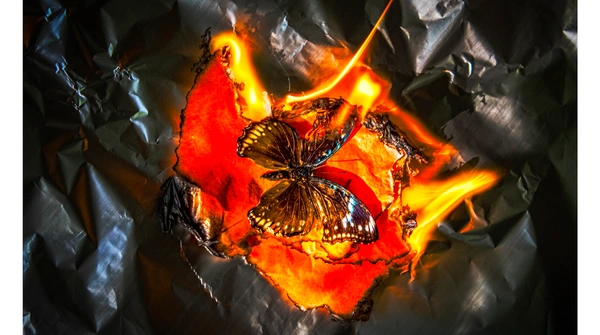
The surroundings of the college are great locations for the filmmaking and photography appasionates!
Shutterbugs and lens masters- Photography @RIC
Since the early 1830s, photography has revolutionized the way we capture and share moments. Imagine social media without it – impossible, right? Photography isn’t just a skill; it's an art, a passion, and even a lucrative career if you play your cards right. Here at RIC, we're all about teaching you the tricks of the trade, helping you find your unique style in everything from portraiture to fashion, car photography, still-life, landscapes, and documentary work. Whether you’re into commercial photography or Fine Art, we've got you covered at both GCSE and A level.
Our course isn't just about snapping pictures; we dive deep into advanced Photoshop retouching, InDesign for magazine layouts, and Premiere Pro for creating stunning videos and time-lapse sequences. You’ll master the skills the pros use and gain the confidence to create visual masterpieces.
For your A level, you'll work on two killer portfolios. The first one? That’s your baby – choose any subject you’re passionate about and develop it throughout the year. The second portfolio is your exam project. You’ll pick a topic from a list provided by the exam board but don’t worry, there's plenty of room for your own spin on it.
Photography at RIC starts in the Lower School with our youngest students in year 7 being taugh the basics and given the chance to learn traditional darkroom techniques. Our students have gone on to study at some of the top arts universities: LCF, Chelsea, Central St Martins, LCC, Camberwell, Kingston, Falmouth and Oxford Brookes. So, if you’re ready to develop your photography dreams into reality, RIC is the place to be.
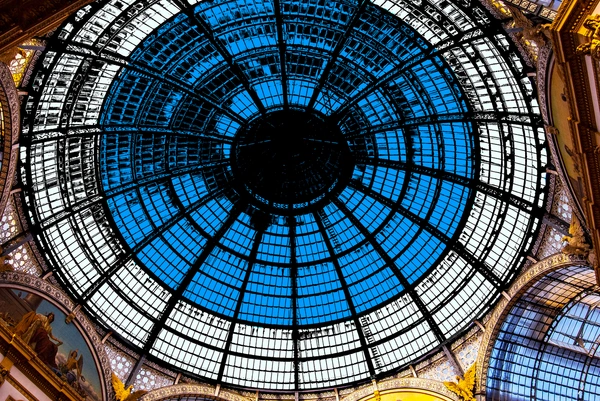
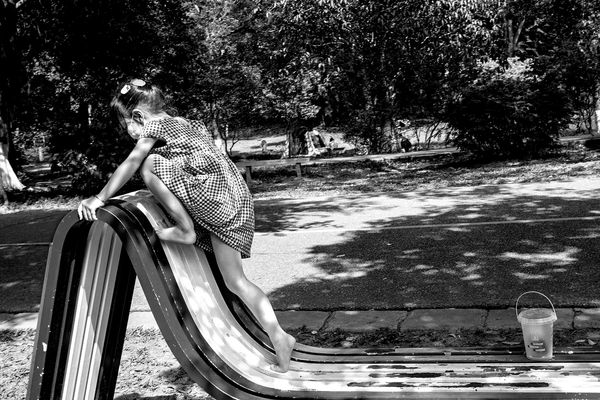
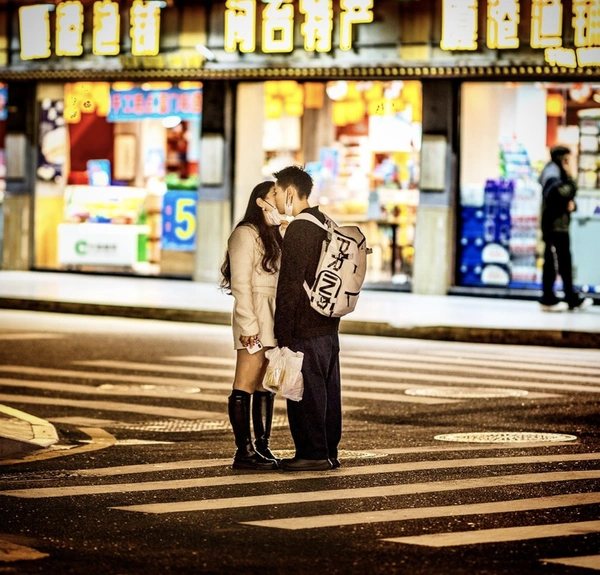
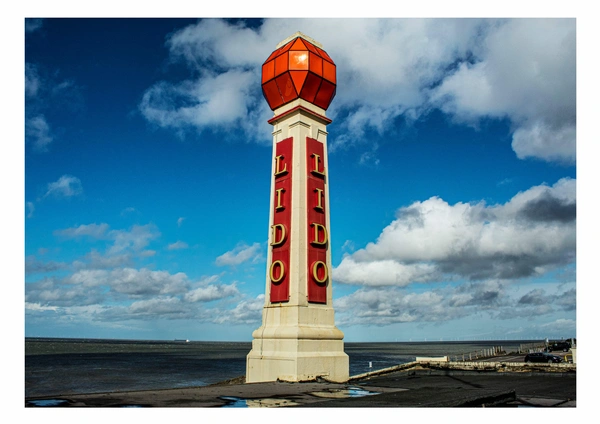
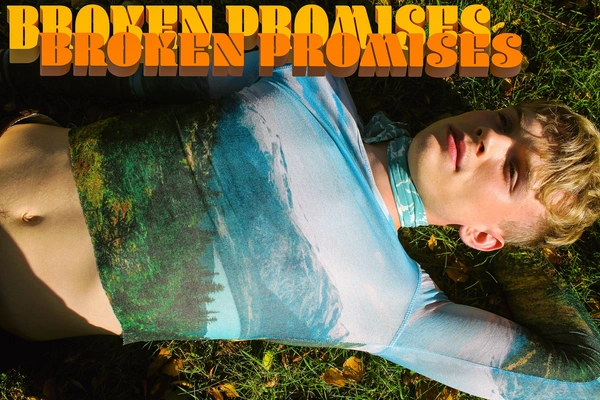
1 / 5
Exam Specifications
Assessment
60% coursework, 40% examination. All units are practical
Length of exams: A level – 15 hours of unaided, supervised time The first 3 hours of the supervised time must be consecutive
Breakdown of units
Photography students at RIC will be introduced to a variety of experiences that explore a range of photographic media, processes and techniques. They will produce practical and critical/contextual work in one or more areas of study, for example portraiture, landscape photography, still life photography, documentary photography, photojournalism, fashion photography, experimental imagery, multimedia, and photographic installation.
Students will use workbooks/journals to underpin their work where appropriate.
Component 1 Personal Investigation
This is a practical investigation supported by written material.
Students are required to conduct a practical investigation, into an idea, issue, concept or theme, supported by written material. The focus of the investigation must be identified independently by the student and must lead to a finished outcome or a series of related finished outcomes. This must be supported by an extended response of between 1000 and 3000 words of continuous prose. The personal investigation will be assessed as a whole.
Component 2 Externally set assignment
The question paper will consist of a choice of eight questions to be used as starting points. Students are required to select one. Following receipt of the paper students should consider the starting points and select one. Preparatory work should be presented in any suitable format, such as mounted sheets, design sheets, sketchbooks, workbooks, journals, models and maquettes.
Following the preparatory period, students must complete 15 hours of unaided, supervised time. In this time students must produce a finished outcome or a series of related finished outcomes, informed by their preparatory work.
Assessment method
60% coursework project, 40% exam project (culminating in 10 hour exam)
Exam questions issued in February, an initial extended preparation period culminates in a 10 hour exam.
Coursework Unit (Portfolio)
Students respond to a brief and should include preparatory work, relevant art studies, informed development and a final piece/pieces which result from the previous stages. Students spend time studying key artists/designers/ photographers relating to their chosen subject and experimenting with a wide variety of materials and practical processes. This provides a sound foundation of knowledge and skills from which they can draw when carrying out investigations and experiments for their projects.
Exam Project
Questions are set by the examining board. From a selection of 7, students are required to respond to one starting point in their chosen option. There is a preparatory period of 10 – 13 weeks, followed by 10 hours of supervised time. Students are expected to develop their own work to resolve their investigations, producing a final piece or pieces based upon preparatory studies and research.
Curious about Photography?
Watch
Car
https://www.youtube.com/watch?v=rF9GRhxWbLU
Documentary
https://www.youtube.com/watch?v=OVZe4rQKcls
Landscape
https://www.youtube.com/watch?v=XZYj_3u8HNA
Street
https://www.youtube.com/watch?v=E14KXmaUNgs
Portrait
https://www.youtube.com/watch?v=S3eSMVsRqww
Still Life
https://www.youtube.com/watch?v=RJzrib-iL0A&t=169s
Irving Penn
https://www.youtube.com/watch?v=39mPCf3fzx0
Websites
Peter Linderbergh
http://peterlindbergh.foundation
Irving Penn
https://irvingpenn.org/
Richard Avedon
https://www.avedonfoundation.org/
Michael Jansson
http://www.mikaeljansson.com/
Herb Ritts
https://www.herbritts.com/
Tim Wallace
https://www.ambientlife.co.uk/
Joel Meyerwitz
https://www.joelmeyerowitz.com/
Vivian Meier
http://www.vivianmaier.com/
Cindy Sherman
https://www.npg.org.uk/blog/cindy-sherman
Nadav Kander
https://www.nadavkander.com/
Think
What subject areas are you interested in? Think about the project as a whole and then break it down into different areas of study. For example: Landscape photography - seascapes, rural, urban, night photography, sunsets or sunrise, time-lapses, panoramas, diptychs, triptychs etc.
Research different photographers that you like and could use as inspiration for your own work. Write a proposal for your project setting out your aims and intensions and which artists you can draw influence from. Why did you choose this subject for your personal investigation?
What makes photography a strange invention is that its primary raw materials are time and light
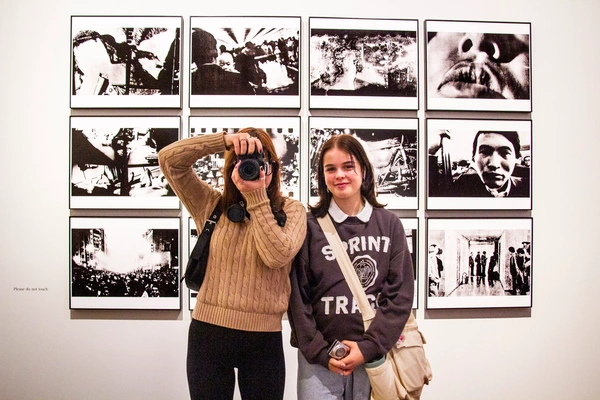
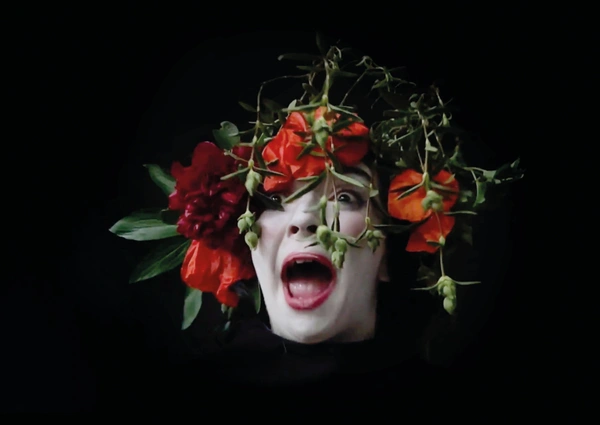
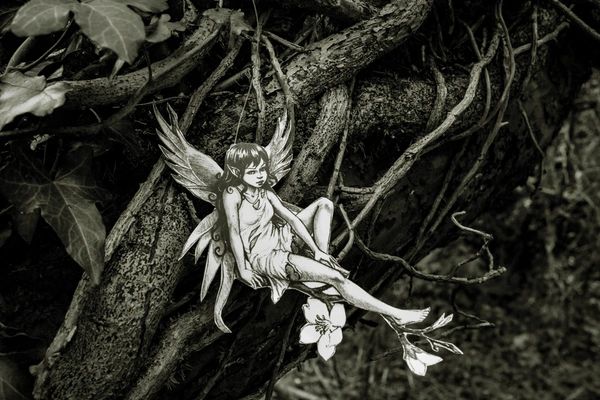
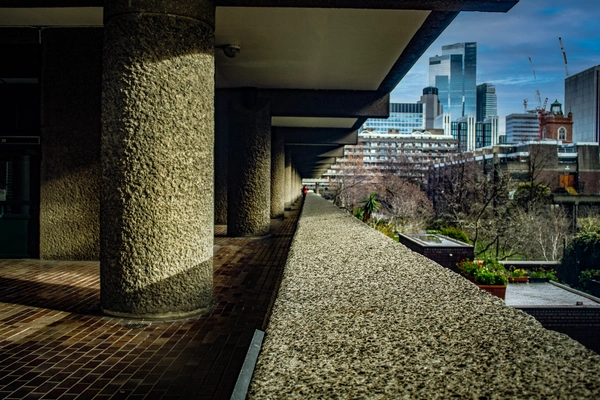
1 / 4
I went into photography because it seemed like the perfect vehicle for commenting on the madness of today’s existence.
From brutalism to the beach- Photography trips
The photography department at Rochester Independent College sure knows how to whip up some cracking trips for anyone with a keen eye for a great shot.
Whether it's a jaunt to the bustling streets of London, where the urban landscape is ripe for both architectural and street art snapping, or a serene getaway to the picturesque Kentish countryside around Rochester, each outing is packed with opportunities for creative flaneuring and honing those shutterbug skills.
Recent excursions have included Daido Moriyama and Helen Levitt shows at The Photographers' Gallery, and a visit to 180 Studios for the edgy Back in the Dazed exhibit by Rankin. Students also got to explore the prestigious Taylor Wessing Portrait Prize exhibition at the National Portrait Gallery.
Beyond London students ventured to the Instagrammer’s dream of Margate, soaking up the artistic vibes at the Turner Contemporary Museum and the Carl Freedman Gallery. Boarders are looking forward to visiting the otherworldliness of Dungeness, a much loved location for fashion shoots, film crews and photographers. Derek Jarman's garden nestles near a bleakly beautiful beach, overlooked over by a nuclear power station.
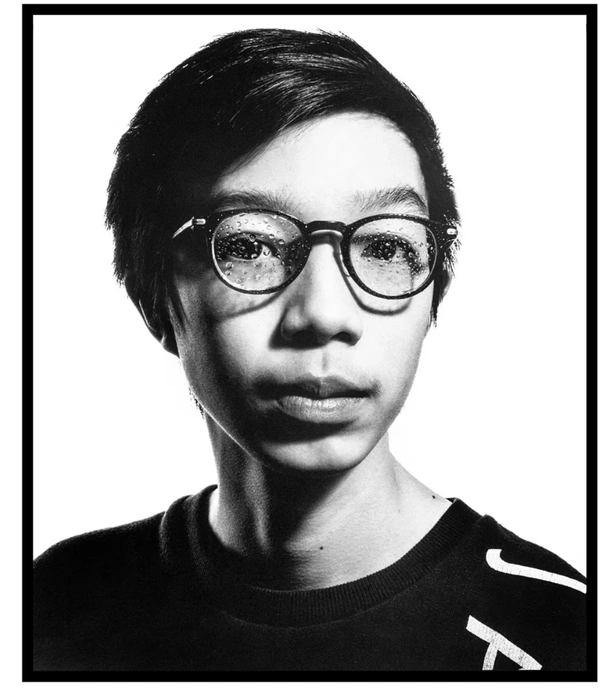
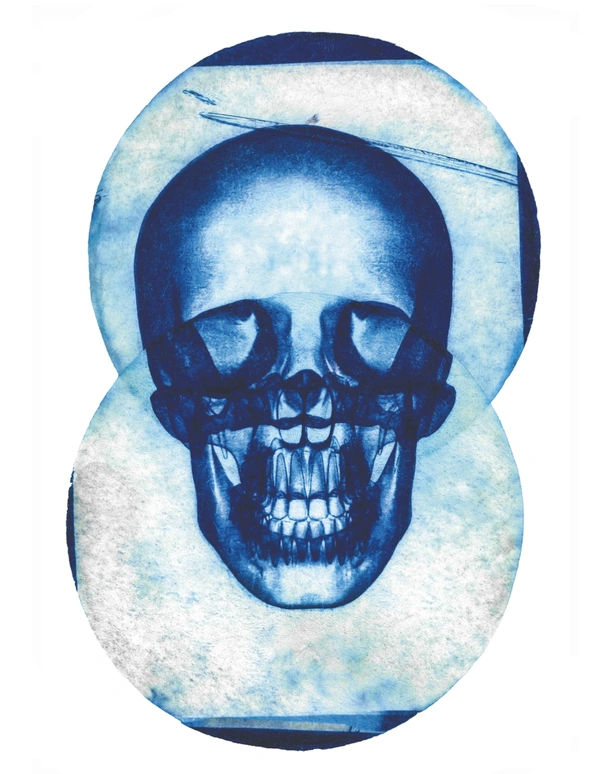
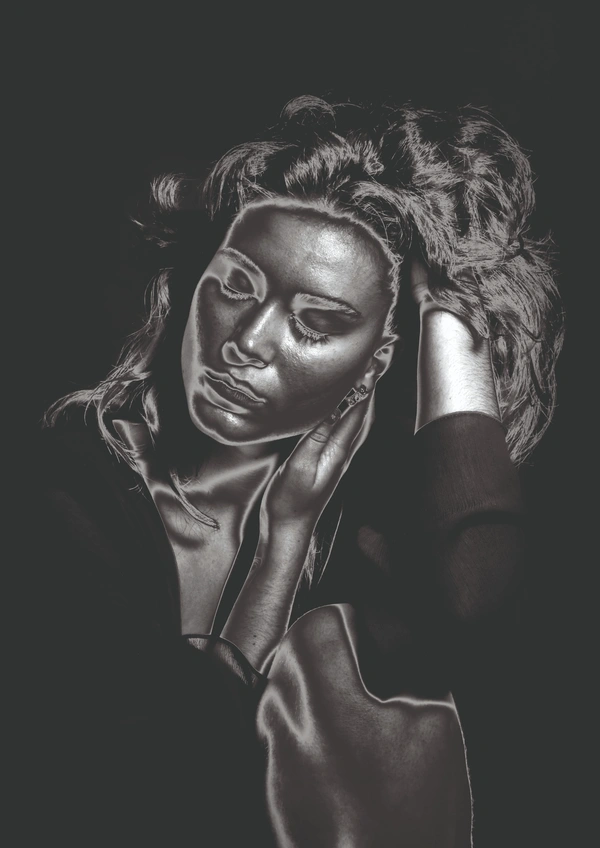
1 / 3
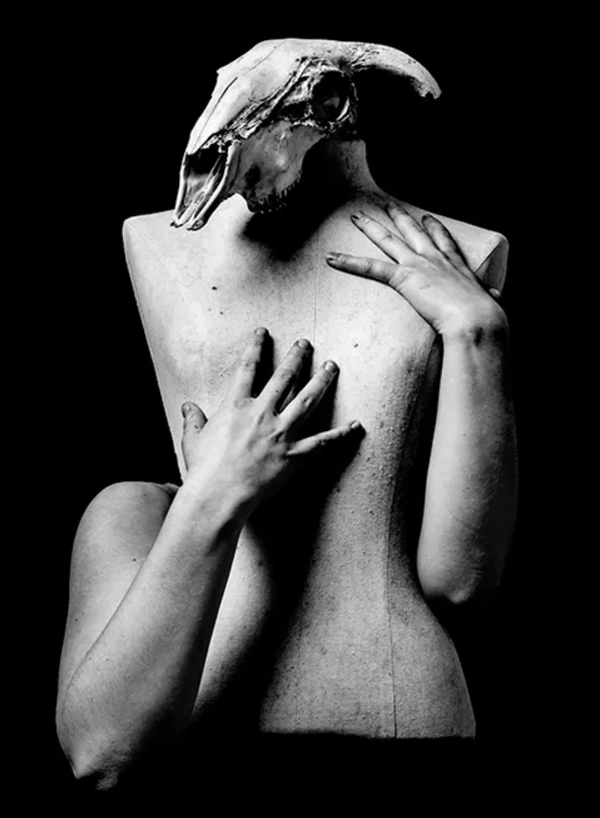
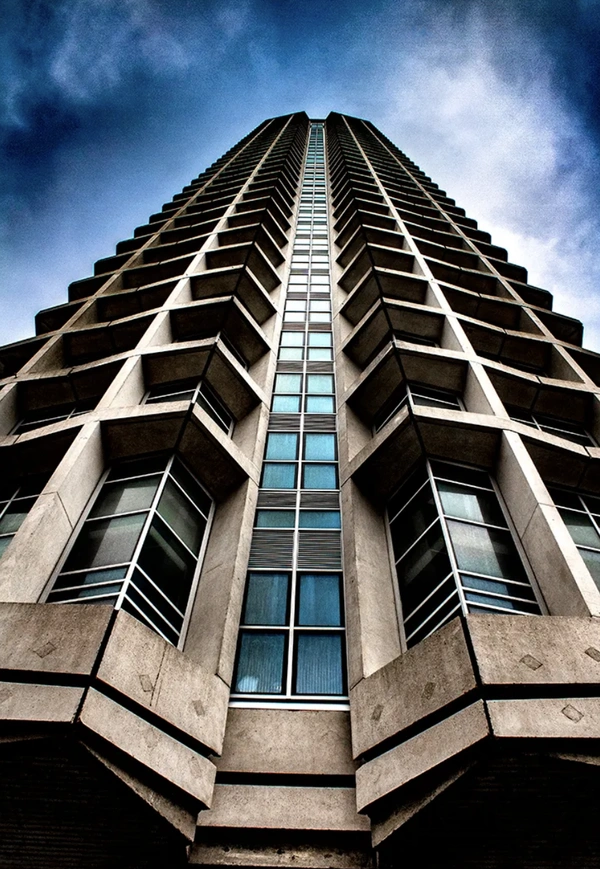
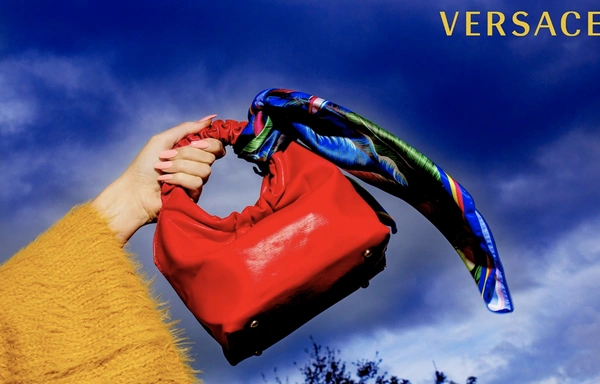
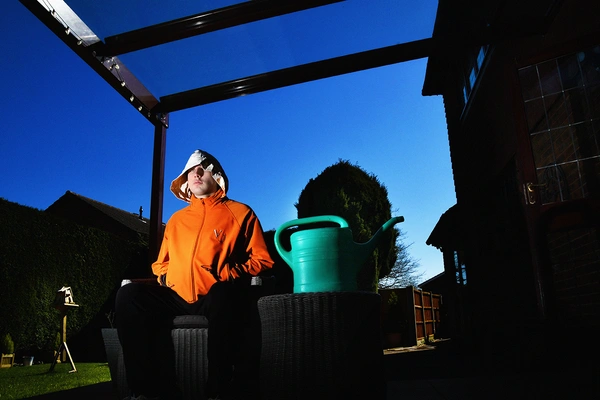
1 / 4
